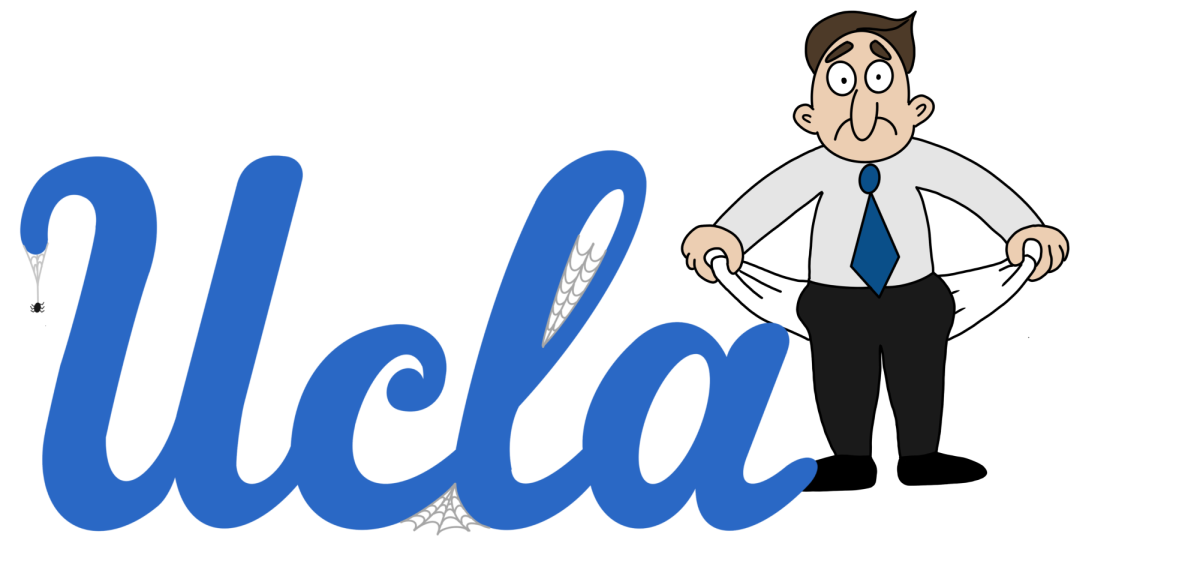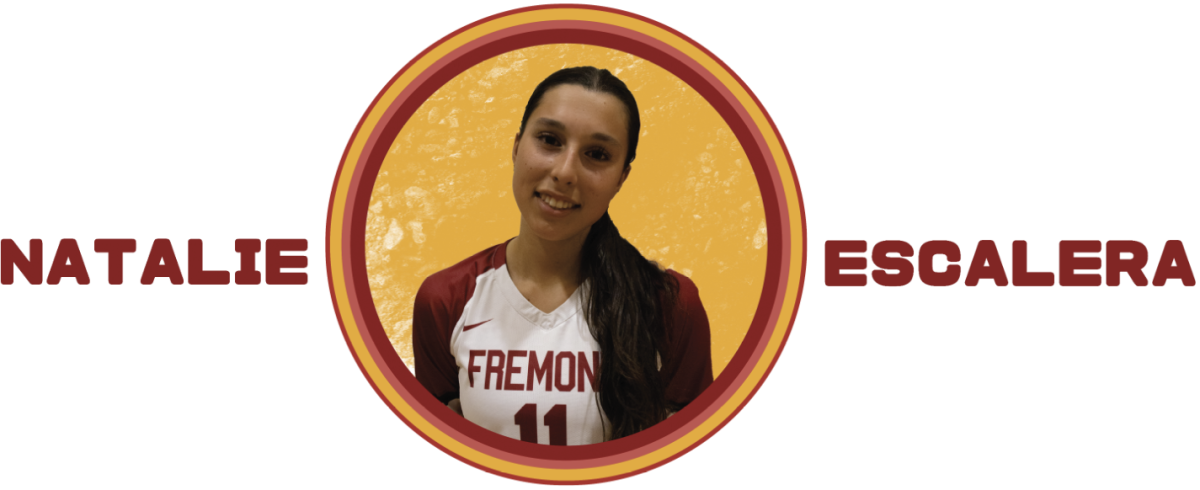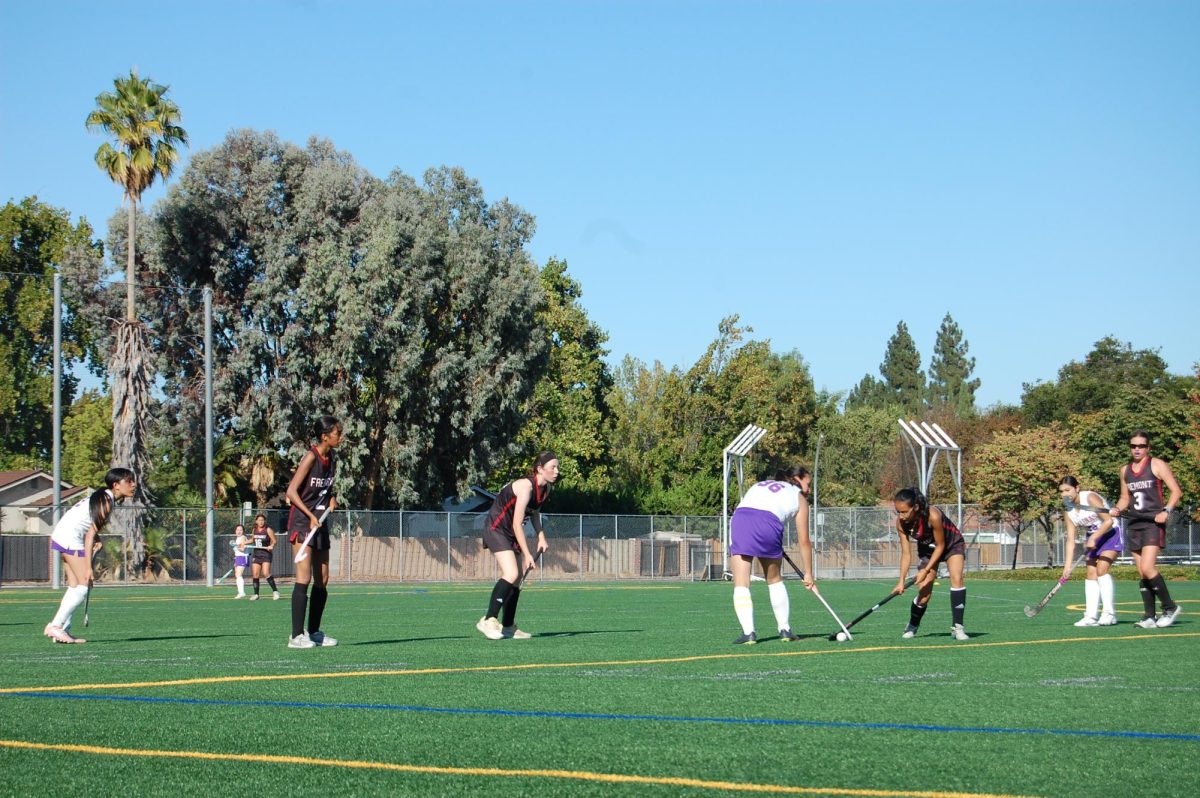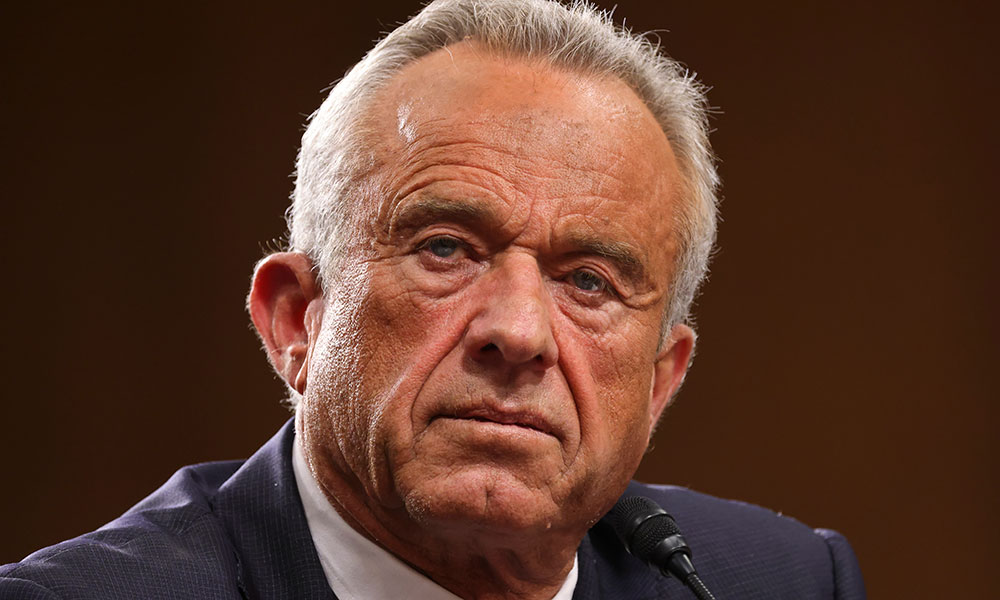The University of California (UC) system is facing uncertainty around the amount of funding it receives. California’s 2025-26 budget was finalized this June and defers at least $130 million in UC and California State University funding to later years. The UCs also rely on federal grants to conduct research. However, the Trump administration has frozen $584 million in federal research grants to UCLA. This action was prompted in early August 2025 over acts of alledged antisemitism and racial discrimination on campus, as well as an alleged lack of response to these acts from the university’s administration. The Trump administration said they would resume this funding in exchange for a settlement payment of $1 billion from the university, and a legal dispute over this proposal is ongoing.
In a letter to lawmakers written on Sept. 3, 2025, UC president James B. Milliken pointed out the “distinct possibility of more to come,” referring to the aforementioned federal actions and mentioning how they “place the entire University of California system at risk.” The UC system receives $17 billion annually from the federal government, and substantial reductions would result in many negative effects. This would include reduced classes and student services, jobs being lost and patients being turned away from UC medical centers and hospitals, according to the same letter. If these reductions happened, Milliken estimated that the UC system would require around $4 to $5 billion every year to continue to operate.
Effects of the funding freeze can already be seen on UCLA’s campus. This ranges from research labs shutting down to people losing their jobs, according to UCLA junior Prapti Pradhan.
“[Due to many labs being shut down] a lot of friends of mine who are pre-med students working to go into the medical field after their undergraduate years virtually had no place to continue their research, so that affects them for their future med school applications and such,” Pradhan said. “But also, with any further cuts like that we’ve seen so far, it just reduces the possibility for finding cures and treatments that we were able to find and make historic changes with before.”
Pradhan also stated how, given that not every UC has a medical school, finding other such opportunities might be difficult for undergraduates. Currently, six out of the 10 UCs have a medical school.
“I hope that we’re able to find a way to righteously take back the money that has been taken away from us, while also keeping all of our students in mind, Jewish and Palestinian alike,” Pradhan said.
Apart from such impacts, these cuts might also have consequences for people applying to the UCs, especially during the 2025-26 college admissions cycle. FHS counselor Eric Medeiros spoke about the possibility of many students choosing to attend colleges other than UCs at this time, including the more affordable community colleges.
“Related to funds being withheld from UCs, that can definitely affect students’ decisions, because they may see a program that they really want to go to at a specific campus, and now they’re hearing, ‘Oh, wait, is funding being withheld?’” Medeiros said.
Medeiros also said that as students–especially seniors at the moment–apply to college, they should talk to their counselors and be informed about related current happenings, because of the potential impacts such funding issues can have on students’ futures.
“Keep checking UC websites specifically, because they do update a lot of those pages about what’s going on, especially politically, so you can try to keep up to date with those with [the funding situation],” Medeiros said. “But it’s really hard to say what’s going to happen.”
FHS senior Hasini Musunuru expressed her thoughts on how these funding cuts might affect her graduating class’s college education, due to the many majors, especially STEM-related, involving research, labs and other funding-intensive resources. Musunuru however also stated that this would not put her off from applying to UCLA.
“I think [UCLA] is still worth applying to, because the school just still has prestige outside of the political turmoil they’re in,” Musunuru said. “But yeah, I think it won’t be bad because there’s still a lot of people that go to UCLA and even if you don’t have the resources, you have the connections.”









